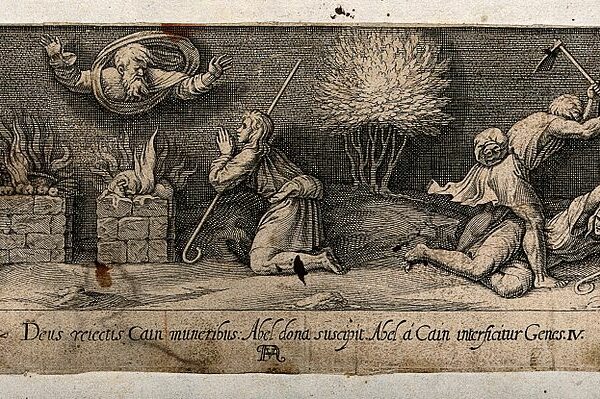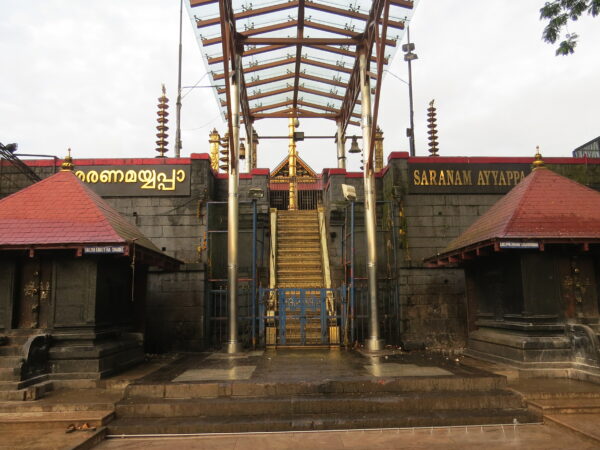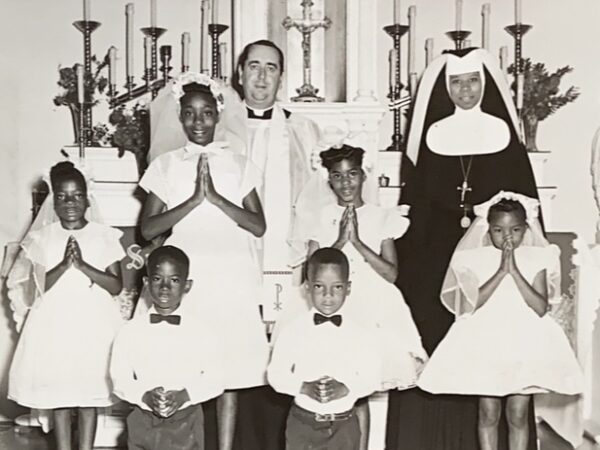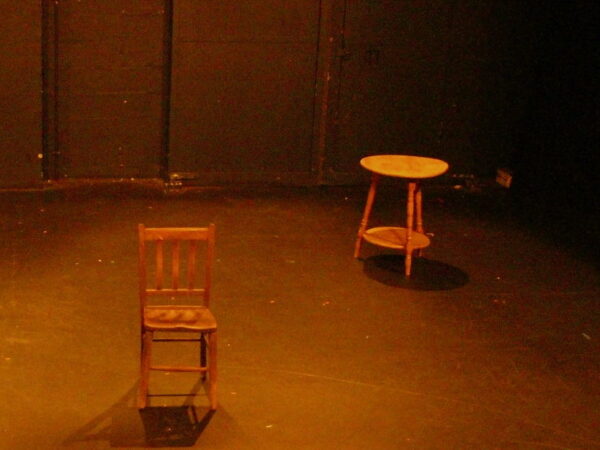
Recent work in the fields of affect theory, especially in the fields of decolonial theory, queer theory, and disability studies, have shown how the necessity of attending to affect and temporality in ways that move beyond traditional accounts that prioritize inner states over exterior practices.

Max Strassfeld’s groundbreaking Trans Talmud: Androgynes and Eunuchs in Rabbinic Literature is a masterclass in denaturalizing oppressive structures. As political backlash against trans folk continues its deadly escalation, Trans Talmud is a crucial intervention in both scholarly and explicitly political domains.

“I was only imagining it. Being freed.”

The Sabarimala judgment of the Indian Supreme Court has been widely celebrated in liberal-progressive circles for its inclusionary gesture of upholding the right of women to enter Hindu temples as public places of religious worship. But to make sex political, what we need is the discovery of a new language of sovereignty that defies and exceeds the identitarian logic of inclusion and exclusion







